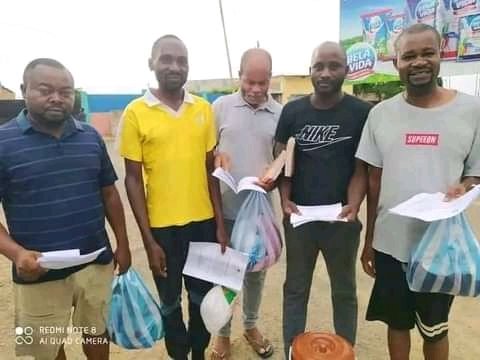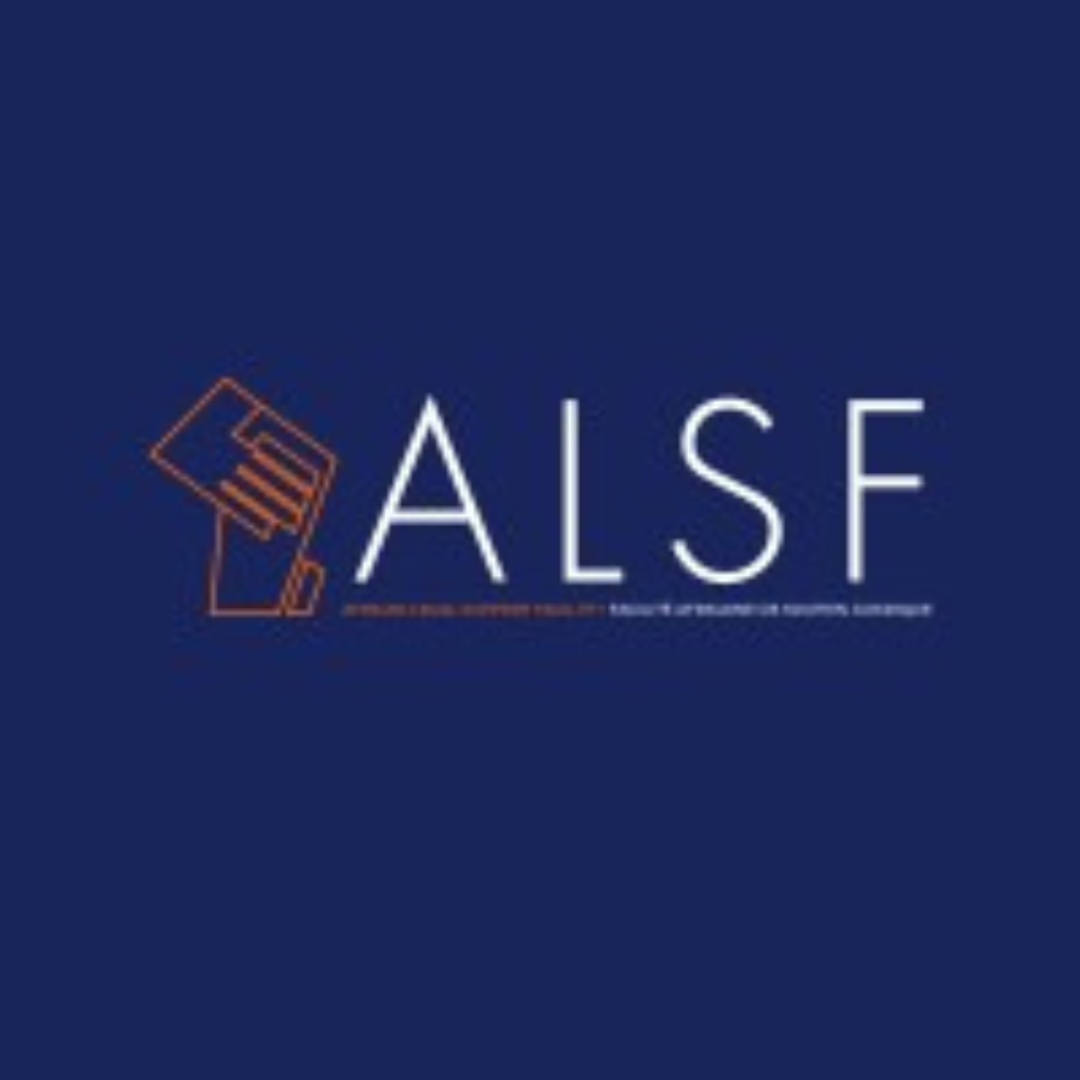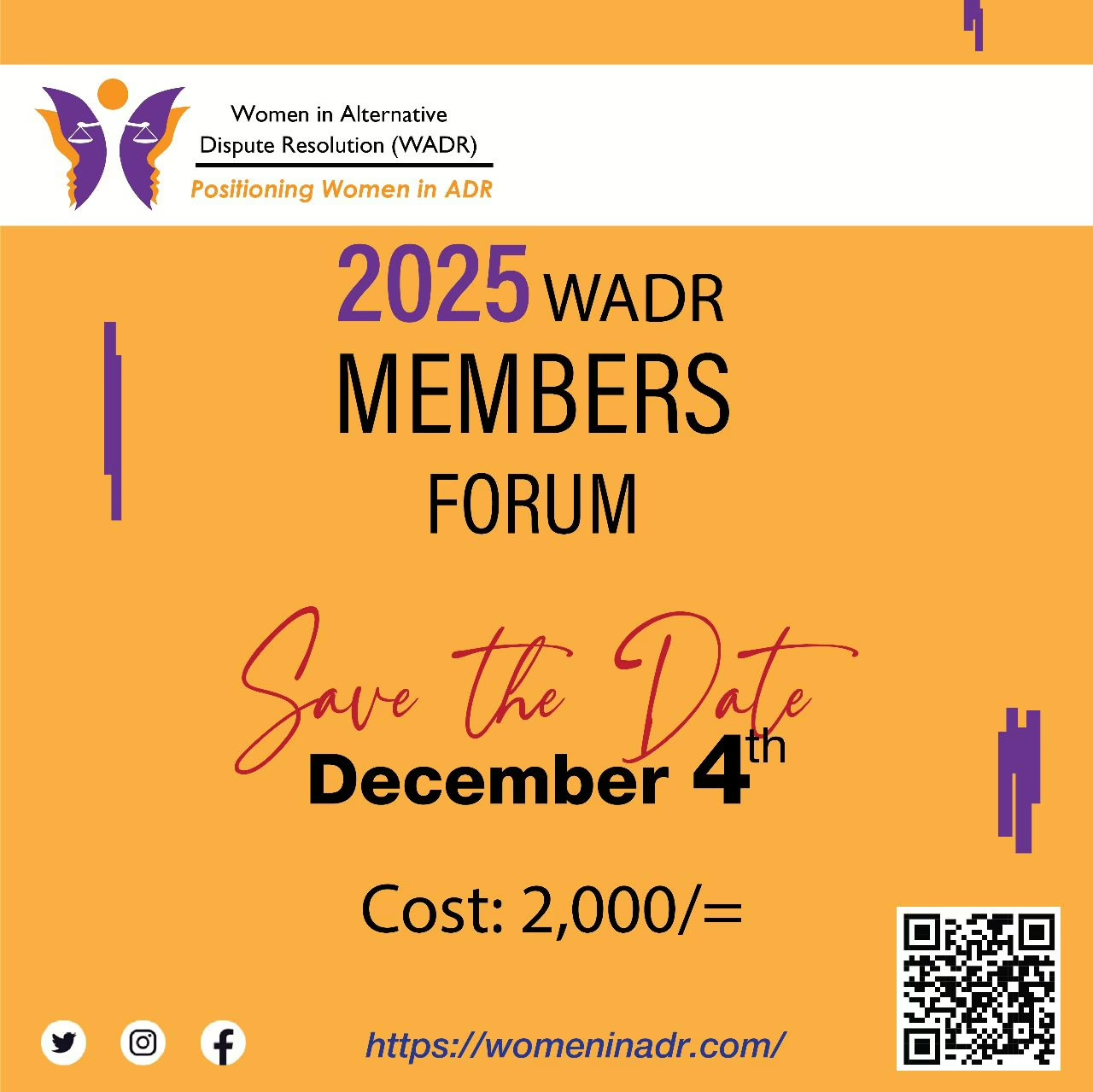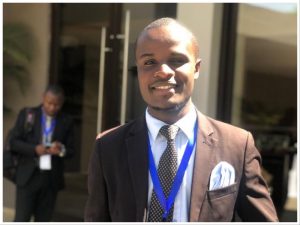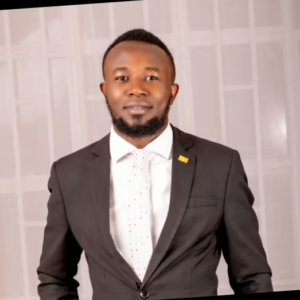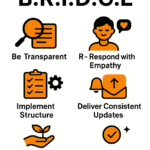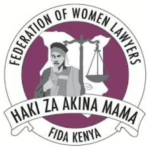Human Rights Watch has called on Angola to end its crackdown on political and human rights activists in the province of Cabinda.
A statement by the international NGO has termed the crackdown within the oil-rich province as “long-standing.”
Human Rights Watch says that since President João Lourenço took office in September 2017, Cabinda authorities have arbitrarily arrested and detained over 100 activists for engaging in human rights and peaceful pro-independence activities in the province.
“The Angolan government is tightening its repression of Cabinda activists,” said Zenaida Machado, senior Africa researcher at Human Rights Watch. “The government should end its wrongful arrests and respect the rights of Cabinda’s people to peacefully demonstrate and protest.”
Police raid
In a recent incident, a private school in Cabinda was raided on the morning of March 25. Organisers and participants of a human rights workshop were arrested and detained.
According to Human Rights Watch, the raid featured authorities in pick up trucks storming into Colegio Privado. In one of the private school’s classrooms, participants were engaging in a workshop organised by a Christian NGO called Conacce Chaplains.
All 45 participants of the workshop, along with its organiser Evêque Kavada Rock (a Congo-Brazaville national) were arrested. Training materials including several notebooks, a slide projector, a computer, and participants’ bags were also seized.
“Witnesses said the security forces neither presented a court order nor provided identification or grounds for the raid,” said Human Rights Watch in a news release dated May 14.
Angola: No Letup in Crackdown on Cabinda Activists https://t.co/RTYWBOhxks
— Human Rights Watch (@hrw) May 16, 2023
Crux, a Roman Catholic wire service, also confirmed the events of March 25. In a news release on May 2, Crux reported that although most of those who were arrested and detained had been released over the coming days, seven human rights activists remained in custody, charged with criminal association and rebellion.
Almost a month later on April 28, five of the seven were also released, with the other two also being released by the end of the first week of May.
Alexandre Kwanga, the President of the Cabinda Human Rights Association told Human Rights Watch, “I wasn’t even at the meeting, but they came to fetch me and then kept me in an overcrowded jail for over a month without any good reason.”
Crux quotes Father Felix Cubola of the Diocese of Cabinda as saying, “We have a constitutional law that authorizes peaceful meetings and demonstrations. But here every meeting and demonstration is immediately repressed.”
Pro-independence and self determination
Cabinda, which is an oil rich enclave, bordering the Congo Republic and the Democratic Republic of Congo, has a fractious history with Angola as a whole.
During the times of Portuguese rule, a pro-independence movement for the region surged, and has persisted even after independence from colonial masters with the province seeking self-determination status.
World Population Review ranks Angola 129th out of 165 in its Human Freedom Score of 2023.
“Arresting people for simply advocating for their rights only serves to fuel discontent among Cabinda’s population,” Machado said. “The Angolan authorities should stop attacking activists and drop all charges against those jailed without credible evidence of lawbreaking.”


